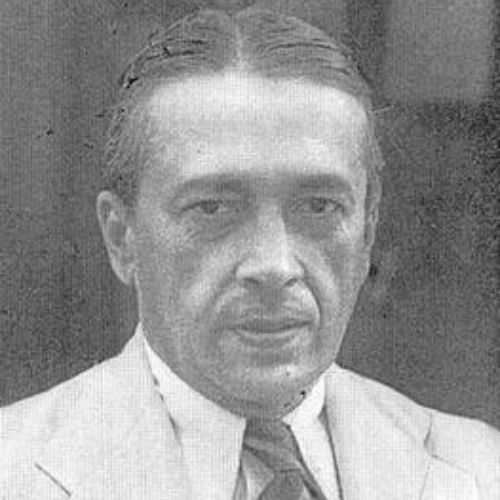Early Life:
Stanley Henry Prater was born on 12th March 1890 and spent his early childhood in the Nilgiri Hills in South India where his father William Prater was a coffee planter. Brought up in an orphanage run by Jesuit priests in Bombay, he attended St. Mary’s High School. He developed an early interest in natural history and joined the Bombay Natural History Society (BNHS) in 1907. He went on to receive higher education at St. Xavier’s College, where he studied Biology. He became the Editor of the Journal of Bombay Natural History Society and soon thereafter, the Curator of the BNHS and Prince of Wales museum.
Role in the Indian Independence Movement:
Prater did not participate in the Independence Movement, choosing to represent the interests of the Anglo-Indian community at the legislative level.
Along with his environmental interests, Prater was the President of Anglo-Indian and Domiciled European Association, and their representative in the Bombay Legislative Assembly, from 1930 to 1947, for which he was awarded the Order of the British Empire in 1943.
Contributions to Constitution Making:
Prater represented the Anglo-Indian community in the Constituent Assembly. He was a member of the Advisory Committee, the Steering Committee and the Sub-Committee on Minorities. He did not make any interventions in the Assembly Debates.
Later Contributions:
He soon moved to Great Britain after 1947 and died in London on 12th October 1960 due to ill health.
Key Writings:
His biggest contribution was the Book of Indian Animals, in which he provided extensive observations about several Indian mammals, and stressed upon the need for conservation of biodiversity. He also wrote the series Wildlife Preservation in India, which was published in the BNHS journal in 1935.

